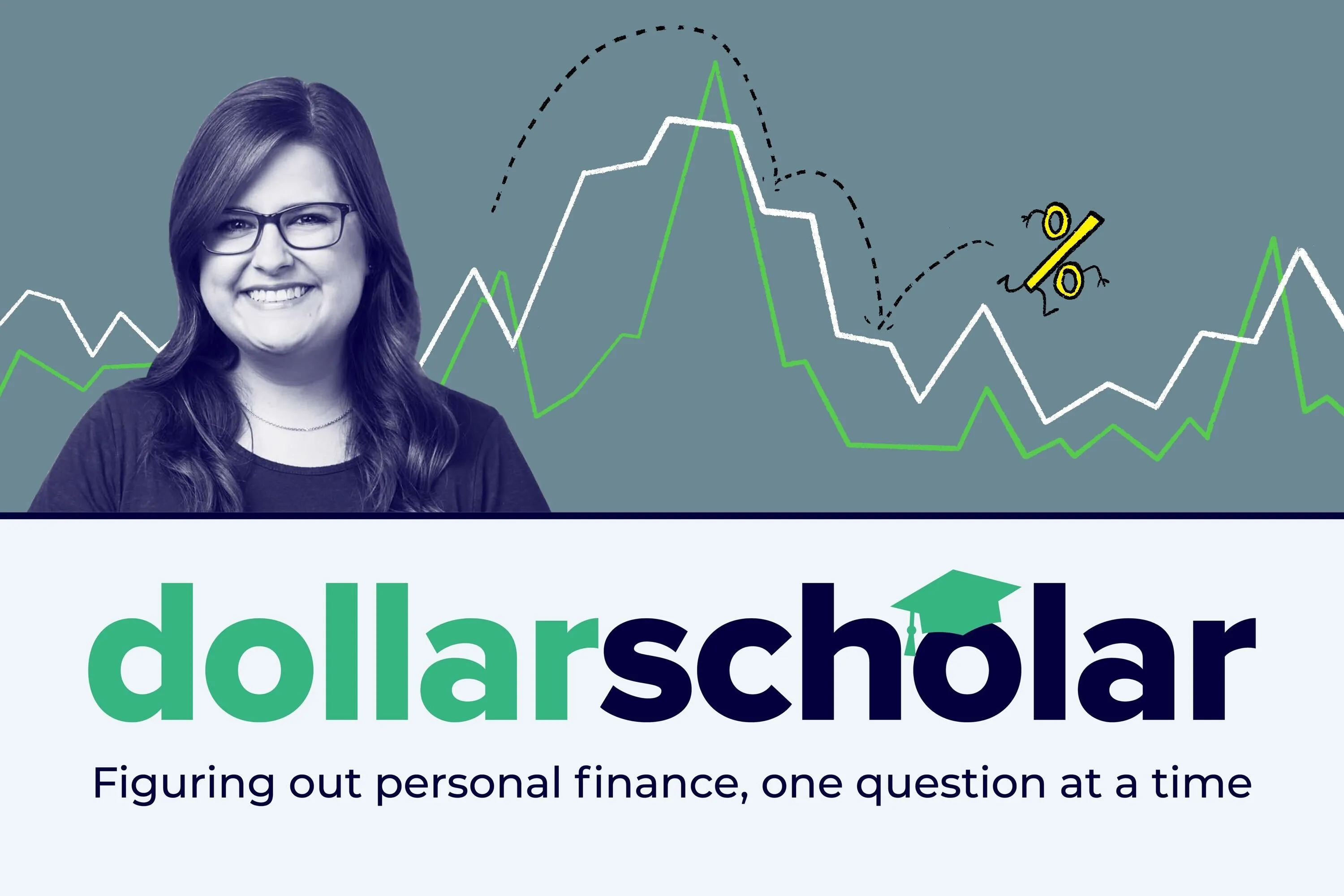 [ad_1]
[ad_1]
That is an excerpt from Greenback Scholar, the Cash publication the place information editor Julia Glum teaches you the fashionable cash classes you NEED to know. Do not miss the subsequent challenge! Join at money.com/subscribe and be a part of our group of 160,000+ Students.
I make money working from home, however I don’t work alone: At any time when I stroll into the kitchen to refill my espresso, I discover my roommate’s cat mendacity on the ground, blissfully napping within the solar rays streaming in from the window.
Truman's obtained us people wrapped round his finger. Throughout the winter, we deliver his mattress into the kitchen and place it within the mild so he could be additional heat. This, in fact, means certainly one of us has to stand up and drag the mattress — with him in it — a pair inches each half-hour because the solar strikes within the sky. What a life.
I used to be reminded of Truman’s solar siestas after I learn lately about how of us are shifting their deposits from financial institution to financial institution to attempt to maximize their annual proportion yield, or APY.
Although the Fed hasn’t made any definitive strikes but, the sky-high APYs which have turn into the norm for high-yield savings accounts have started to fall, giving new urgency to the so-called “rate-chasing” development.
Ought to I strive rate-chasing?
Cicely Jones, an authorized monetary planner at Equitable Advisors, tells me that shifting my money as soon as could be good, particularly if I’m going from a standard savings account to a high-yield account. For context, the typical financial savings price is 0.45%; even with its newly lowered APY, Ally is providing 4.2%.
Past that, nevertheless, chasing charges is hard.
“Moving initially to a place with a higher interest rate than your bank is great,” Jones says. But it surely’s a distinct story, she provides, “if you're choosing, like, monthly or quarterly or what have you … who's going to be the best based on maybe 0.1% difference.”
Jones says she worries about how simple it's to mistime my strikes and miss out on a possible interest-rate cost from my earlier financial institution (or my new one). One other danger is by chance leaving some cash behind within the shuffle.
These types of logistical hurdles could be financially draining at worst and annoying at greatest.
“Me personally, I’m not chasing any additional 0.1%, 0.2% percent just for simplicity,” says Kyle Mack, a CFP at Zhang Financial. It’d be “a hassle” to maintain observe of every thing, he says.
Zhang’s Rob McDougall factors out that how a lot of a ache that is will depend on how a lot cash we’re speaking about.
If somebody is shifting $500,000 from financial institution to financial institution to capitalize on barely totally different APYs, it might imply a major payday (and due to this fact may be well worth the time it takes to set every thing up). But when the quantity in query is nearer to $10,000, the rise in yield isn’t going to be drastic sufficient to justify the legwork.
In actual fact, if I've a lot money in my financial savings that rate-chasing would line my pockets, a high-yield financial savings account might be not the very best place for it.
Jones recommends protecting three to 6 months of bills stashed in a high-yield financial savings account for my emergency fund. However except I’m planning to purchase a home or automobile or no matter within the close to future, she says I ought to in all probability invest the remaining. She suggests I take an internet danger tolerance questionnaire to determine a great mixture of shares and bonds, then make investments systematically.
(For his half, McDougall says one thing diversified like Vanguard's Complete Inventory Market ETF or iShares' Core S&P Complete US Inventory Market ETF may be good for younger adults dipping their toes into investing.)
Taking a long-term view is certainly the best way to go, in response to U.S. Bank’s Sekou Kaalund, head of department and small enterprise banking. He tells me that my determination to modify banks ought to ideally be tied to one thing past “the shiny object,” or excessive APY, as a result of that may change on a whim.
Plus, deepening my relationship with a financial institution I have already got could be fruitful.
Kaalund says they could be extra probably to assist me after I want it down the street, as a result of I’m significant, loyal shopper versus a rando who simply bopped in to benefit from a excessive APY.
The underside line
Price-chasing is basically a waste of time. The yields aren’t going to be well worth the elbow grease, and if they're, I ought to in all probability think about investing as a substitute.
“My best advice is to find a bank you trust with a good APY and stick with that,” Jones says. “Check once a year to make sure it's still competitive, and maybe make a switch then if it's not.”
Extra from Cash:
High-Yield Savings Accounts vs. CDs: What’s the Difference?
Financial Planners Are Telling Clients to Make This Investing Move Before Interest Rates Drop


